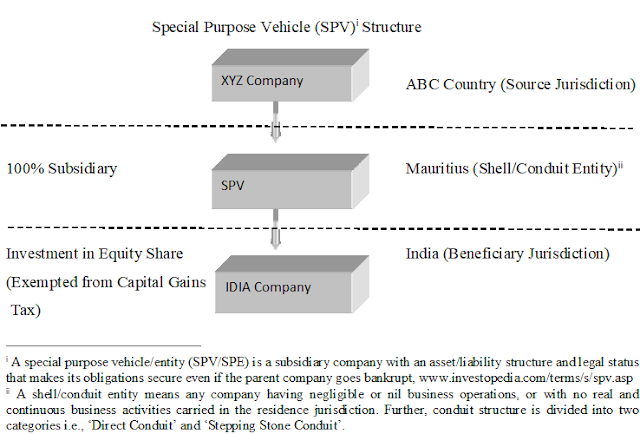A COMPLETE UNDERSTANDING OF APPOINTMENT OF ARBITRATOR: SECTION 11 OF ARBITRATION ACT

I. INTRODUCTION The Arbitration and Conciliation Act, 1996 (hereinafter 'Arbitration Act') confer absolute authority to the parties to determine the procedure for appointing the arbitrator/arbitrators. In the event of default, 'the Supreme Court or, as the case may be, the High Court or any person or institution designated by such Court will come into play. In 2015, the parliament has amended and transferred the power u/s. 11 from Chief Justice of India and Chief Justice of High Court to Supreme Court and High Court respectively. This entire process of appointment of arbitrator/arbitrator, either by parties or by court comes under the purview of Section 11 of the Arbitration Act. SECTION 11. APPOINTMENT OF ARBITRATOR _______________________________ 1 The court u/s. 11 means Supreme Court for International Commercial Arbitration and the High Court for Domestic Arbitration. II. APPOINTMENT OF ARBITRATOR BY PARTIES Sub-sections (2) and (3) of section 11 grants free

